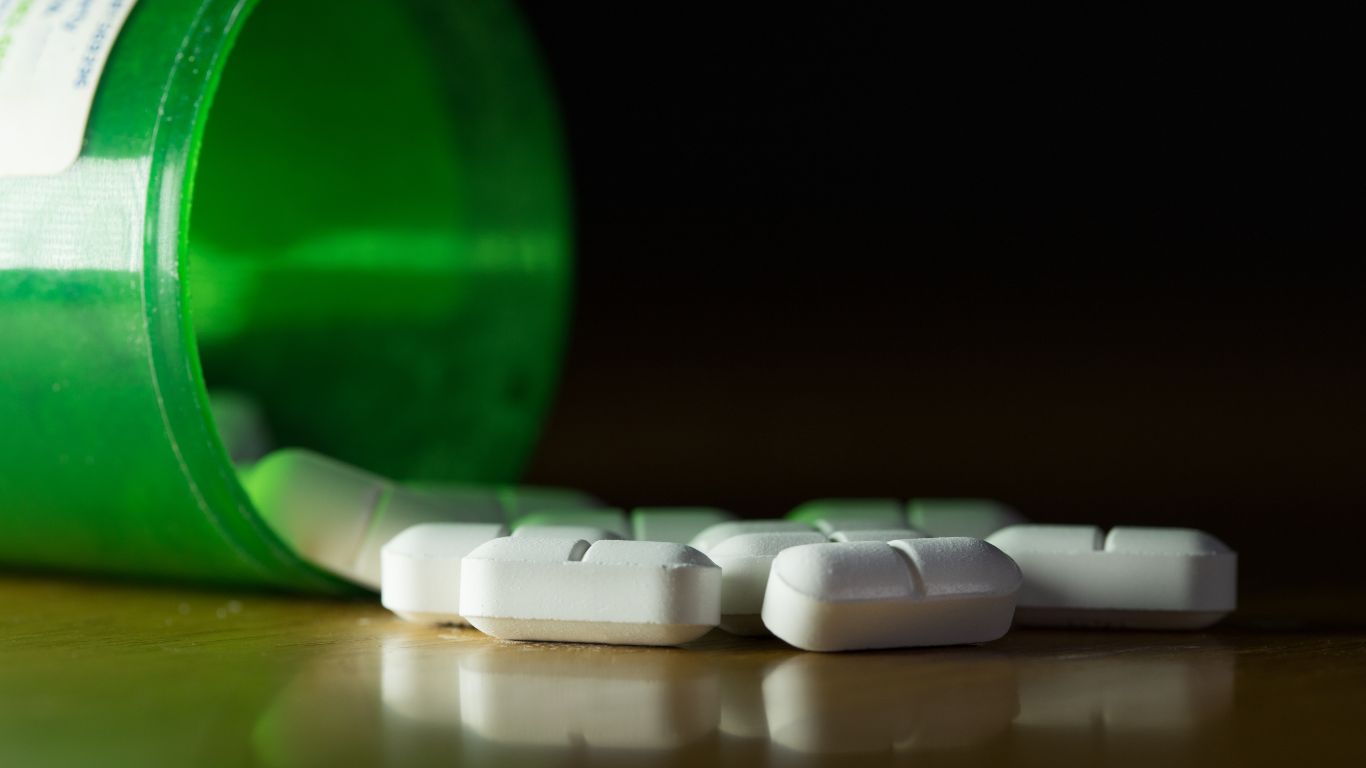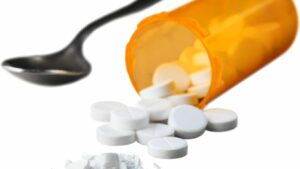What Are Opioid Withdrawal Symptoms?
Within hours of ceasing to take opioid pain medications, a person can experience withdrawal side effects ranging in severity. Rarely life-threatening though it is, withdrawal syndrome can be uncomfortable and painful. The scale of withdrawal symptoms varies depending on how long the drug stays in the body, how long someone’s been taking the drug, and their overall health. Commonly, people going through withdrawal syndrome could experience:
- Anxiety
- Belly cramps or muscle aches
- Body aches
- Diarrhea
- Excessive sweating
- Fever
- Goosebumps
- Hallucination
- High blood pressure
- Increased heart rate
- Insomnia
- Rapid breathing
- Restlessness
- Runny nose
- Seizures
- Shaking
- Vomiting or feelings of nausea
- Watery eyes
- Widened (dilated) pupils
- Yawning
Not everyone will experience the same opioid and opiate withdrawal side effects. Due to the multiple factors listed above, withdrawal management has the best chance at success when carried out by a medical detox program trained in opioid dependence, addiction and abuse, and mental health realities.
How Medical Detox Works for Opioid Withdrawal
The severity of withdrawal symptoms depends on how long someone has been struggling with opioid or opiate addiction. TruPath’s recovery center customizes each detox process for each individual struggling with opioid dependence. The process can include specific medications meant to assist with cravings and mitigate symptoms of withdrawal. Opioid addiction and drug abuse often have roots in mental health issues. Cognitive behavioral therapy in group, single, or family sessions may also be a part of breaking the cycle of addiction and abuse.
If you stop taking opioid pain medication and begin to experience symptoms of opiate withdrawal, please contact us at TruPath or speak to your doctor about treatment options. Our medical detox program incorporates supportive relapse prevention into the process of ridding the body of toxins, taking place in a safe and secure environment. Addiction treatment includes group behavioral therapy to assist in healing the mental and emotional aspects of substance abuse recovery.
What Medications are Used to Treat Opioid Withdrawal Symptoms?
When substance abusers stop taking opioids, guidelines for withdrawal management often engage the use of pharmaceuticals to treat pain and other withdrawal symptoms. Anti-nausea medications treat common stomach issues associated with withdrawal syndrome for opiate and alcohol withdrawal. Methadone, a medication that has been used for decades to treat opiate addiction, mirrors the opiate effect on an individual’s internal systems without providing a euphoric effect. This slowly weans substance abusers off of the addictive substances they’ve used. Suboxone is a combination of drugs specifically developed to help with cravings and symptoms common to opiate withdrawal. The medication acts on the same opioid receptors in the brain as many drugs but doesn’t have the same addictive qualities associated with other drug treatments. Doctors sometimes use other drugs like buprenorphine, codeine, or clonidine to treat more severe withdrawal symptoms.
What are the Benefits of Professional Medical Detox?
Drug detox and addiction treatments are just the first steps on the way to a life free of opioid addiction. Taking the option of a comprehensive drug rehab program ensures long-last sobriety and relapse prevention. After inpatient detox is completed, it’s easy to transition into a drug use treatment program.
Our drug detox program at TruPath Recovery offers safe and comfortable practices for drug and alcohol withdrawal, instead of going cold turkey with home remedies. You don’t have to experience withdrawal on your own. We will accompany and guide you through the difficult symptoms of withdrawal. Our guidelines for withdrawal management call us to offer several levels of care including inpatient treatment drug rehab, outpatient drug rehab, intensive outpatient rehab, and behavioral therapy. If you or someone you love is struggling with drug abuse, please give us a call today. We can help get you started on the road to recovery.

